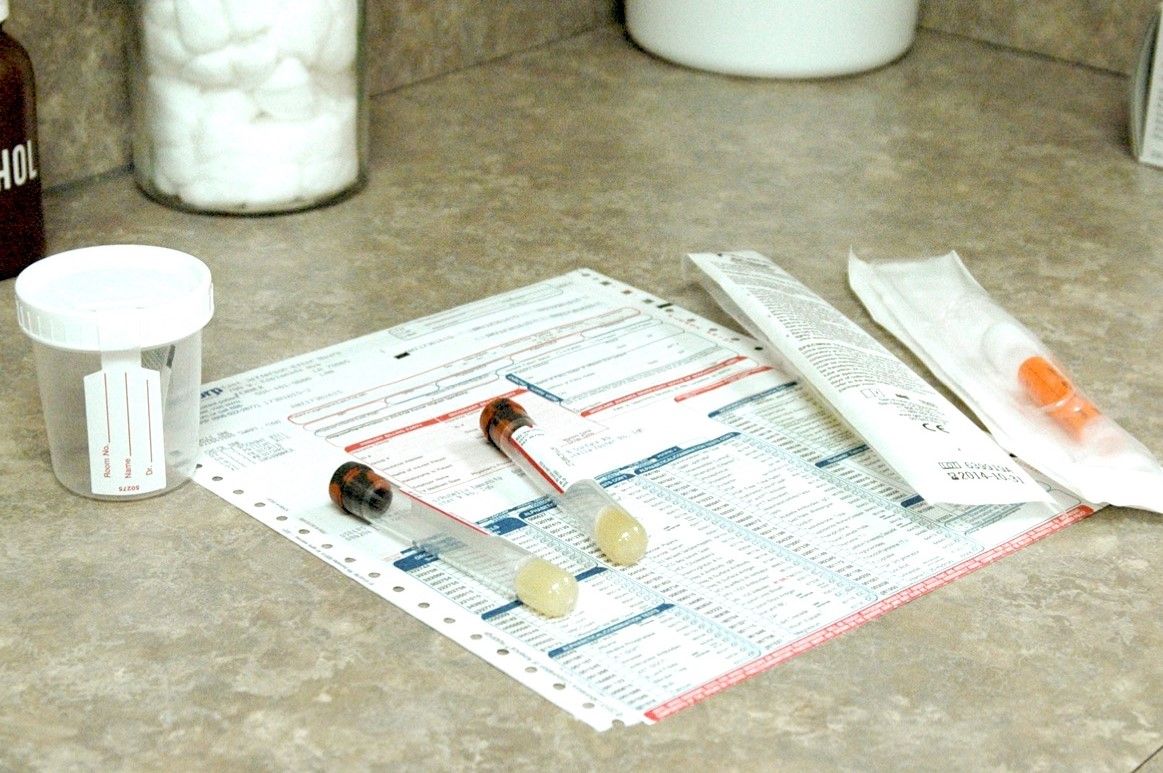Full Spectrum Health
Does CBD Show Up On Drug Tests?
ANSWER: NO.
Drug tests that are designed to test for cannabis detect THC, so CBD will not trigger a positive response. That being said, it is important to check that your CBD source ensures there is no THC in a product. Lab-testing is an important step to verify there is no (or negligent) THC in a product. Our products contain no lab-detectable THC, and lab testing results are available on every product page.
What do drug tests look for?
Drug tests that screen for use of cannabis look for THC, THCA (a compound that becomes THC through a process called decarboxylation), or metabolites of THC (compounds that THC becomes when you ingest it). THC and CBD have different chemical structures. This means that CBD itself won’t trigger a positive response. However, some CBD products can contain amounts of THC, depending on the source and the product.
Tetrahydrocannabinol (THC) and cannabidiol (CBD) are two of the main cannabinoids present in cannabis. THC is recognized as the main impairing component in cannabis, while CBD is not intoxicating. This is why THC gets you “high,” but CBD does not.
Different types of drug tests have different detection thresholds. Types of tests can include hair tests, urine tests, and oral fluid tests. A hair test, for example, is designed to catch chronic substance use. So if your CBD oil only has trace amounts of THC in it, and you’re not chugging it by the bottle, it still probably won’t show up in a hair test.
If you’re taking a urine or oral fluid test, the detection thresholds are even lower. Brenda Gannon, a toxicologist and laboratory director at Steep Hill Arkansas, says that “depending on a number of parameters—including amount consumed, how often one uses CBD products, and body composition—it is possible that these trace amounts of THC could accumulate and then be detected in a drug test.” “It’s possible, but it’s highly unlikely,” concurs Jamie Corroon, a postdoctoral fellow at the National University of Natural Medicine and the founder of the Center for Medical Cannabis Education.
In Canada, one reason for drug testing is drug-impaired driving investigations. Bodily fluid samples, such as an oral fluid sample, can be used by Canadian law enforcement as part of tests for impairment at the roadside and as evidence for drug-impaired driving charges. Oral fluid drug screeners can detect the presence of THC. Tests that use blood samples are required to determine exact blood drug concentrations. For THC, the prohibited levels for driving are as low as 2 ng (nanograms) per ml of blood in Canada and the United Kingdom. In other places, such as Colorado and Washington, the prohibited level of blood concentration for THC is set at 5ng/ml.
Is there a drug test that could detect CBD?
Since it’s not standard to test for CBD, it would take a very specific test to detect it—if you were being tested for work, your employer would have to commission the test (and pay for it). Gannon says this would involve “notifying the testing company that the employer would like to test for an additional analyte” and “paying the testing company an additional charge to cover expenses associated with CBD—such as having to purchase additional standards for detection and [slightly] modifying their existing standard operating procedures to include CBD.” And that’s really unlikely, since CBD doesn’t get you high—and therefore won’t impair your ability to perform your job functions—and most companies don’t like to spend extra money for no reason.
Do feelcbd products contain any THC?
At feelcbd, our products do not contain any lab-detectable amounts of THC. Our products are made with hemp-derived CBD. Both hemp and marijuana are cannabis sativa family – the main difference between them is the THC content. Marijuana contains higher amounts of THC, while hemp contains less than 0.3 percent THC. The Full Spectrum CBD oil we source goes through an additional distillation process to remove any lab-detectable traces of THC.
Current lab test results for the oil we source are available on every product page on our website: tinctures, topicals, and vaporizers. If you have any other questions or concerns, feel free to message us on our live chat!
CBD extracts with low THC levels are made from other cannabis strains, but it can be a bit of a mixed bag. What’s considered “low THC” with general cannabis CBD extracts can vary anywhere from trace amounts to as high as a 2:1 CBD to THC ratio. If you ingest products with a higher THC ratio, this may trigger a positive result on a drug test, which is why it’s important to request information and lab testing from your CBD source.
Sources & Further Reading
“‘We Looked Into Whether CBD Would Show Up in a Drug Test” [Tonic by Vice]
“Frequently Asked Questions – Drug-Impaired Driving Laws” [Government of Canada Department of Justice]

